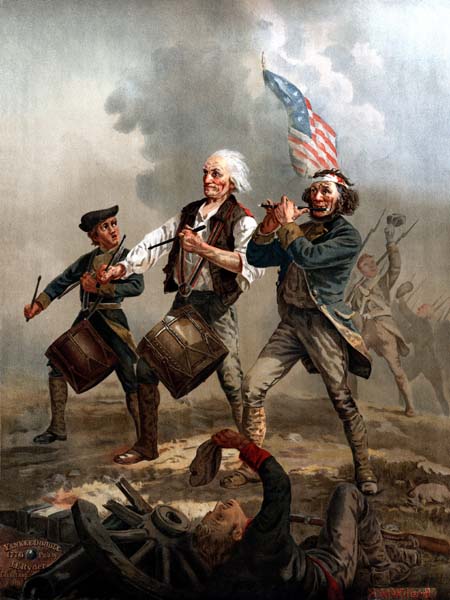Opinion: The Politics of National Interest

The “Halftime in America” ad from Chrysler that I found so compelling angered Karl Rove.
Go figure.
You could simply chalk it up to different political perspectives—and that might be true, but not in the way you would think. I’ll explain.
Democrat or Republican, I’m drawn to candidates who put the nation ahead of party. Liberal or conservative, I’m attracted to public servants who seek common solutions to common problems. I want our government to be responsive. I believe the reason to get into politics is to get something done, not just for ourselves, but for the greater good, to leave behind something better for our children, and our grandchildren.
My take away from the ad was not an endorsement of President Obama—but a summons, a calling to Americans to shake off the slumber of recession and get back to work. No more excuses. Let’s figure it out, together, and get something done.
Rove saw something more sinister:
I was frankly offended by it. I’m a huge fan of Clint Eastwood. I thought it was an extremely well done ad. But it is a sign of what happens when you have Chicago-style politics. The President of the United States’ political minions are, in essence, using our tax dollars to buy corporate advertising and the best wishes of the management, which has benefited by getting a bunch of our money that they’ll never pay back.
Or maybe he just saw an opportunity to get on television.
Truthfully, it doesn’t have to be one or the other. Karl Rove has long practiced a politics of division and destruction—and the message in that Chrysler ad is a threat to those tactics.
Clint Eastwood, who proclaimed on Monday that he is “certainly not politically affiliated with Mr. Obama,” understood what the ad was about:
It was meant to be a message . . . just about job growth and the spirit of America. I think all politicians will agree with it.
The American Spirit. Remember it? The public does. And they are tired of people on the left and the right who think that the American Spirit is divisive.
The American people don’t want partisanship, they don’t want division. They want results. They are tired of politics as usual and long for the politics of national interest.
The politics of national interest recognizes that politics are not evil or dirty. The political process—trading and compromise—is the essence of democracy. But it should be aimed at the best interest of the country as a whole—not the narrow interests of one party or individual candidate.
Unfortunately, there are too many people around the country—not just in Washington—who believe the purpose of politics is simply “to win elections.” Such small purpose is not what the founders intended. They saw elections as the best means to express the will of the governed, and to provide legitimacy to the decisions of elected officials. They were never intended to provide a simple spring-board for the next election.
Focusing our politics on winning elections is also too small a task for the challenges we face, and will face, in the 21st century. The result has been near-permanent political stalemate. As a result, in recent months, we have seen some lament the paralysis in our free institutions and others envy China’s ability to make rapid decisions and act on them. These sentiments are not new. Consider the envy of Fascism’s economic strides in the 1930s or the admiration of Soviet scientific achievements in the 1950s. In both historic instances, however, a healthy, functioning democracy provided America all the energy, adaptability, and competitiveness we needed to overcome both those challenges.
But our democracy is not functioning well now because our politics—and the culture around them—are focused exclusively on winning elections to the detriment of all else, including the national interest. Just look at what the leaders of both parties in the U.S. Senate have said in recent years:
“President Bush is a liar. He betrayed Nevada and he betrayed the country.”
— Senator Harry Reid (D-NV)
“The single most important thing we want to achieve is for President Obama to be a one-term president.”
— Senator Mitch McConnell (R-KY)
Is it any wonder that we have failed as a society to achieve consensus on big issues? In most cases, we haven’t even had a national conversation because we are too busy destroying our enemies and gearing up for the next election.
Make no mistake about it, there are big issues at stake in the next election:
- What is the appropriate role of government in the United States?
- What should America’s role in the world be?
- How do we achieve energy security? Nuclear security? Economic security?
- How do we make America more competitive in the global economy?
The “Halftime in America” ad was a reminder that we can rise to any challenge. That sentiment is only politically divisive if you want it to be.
